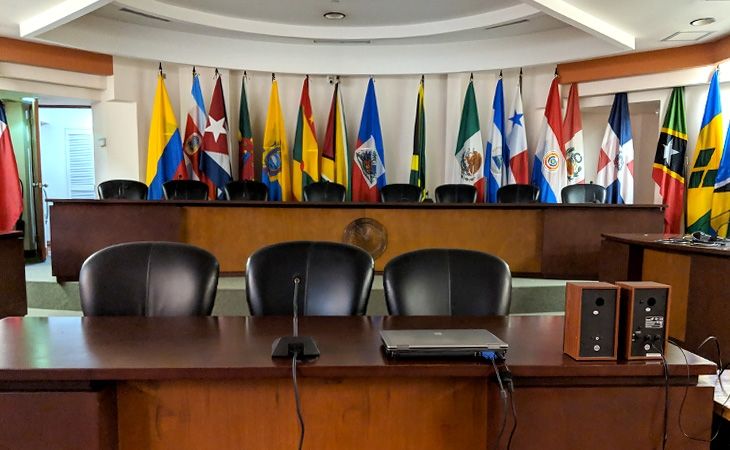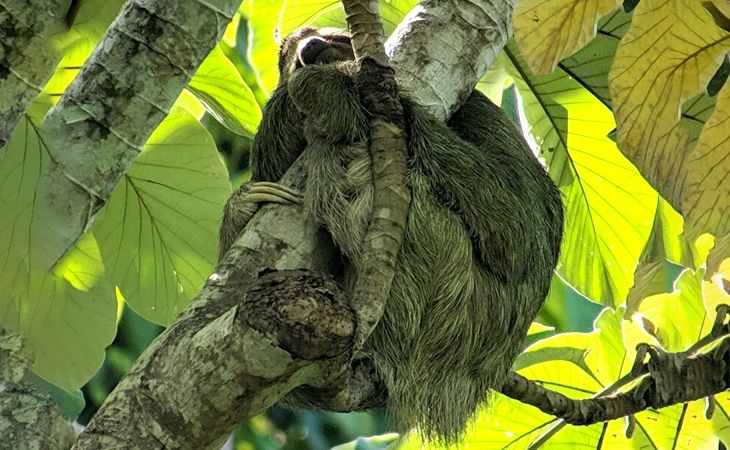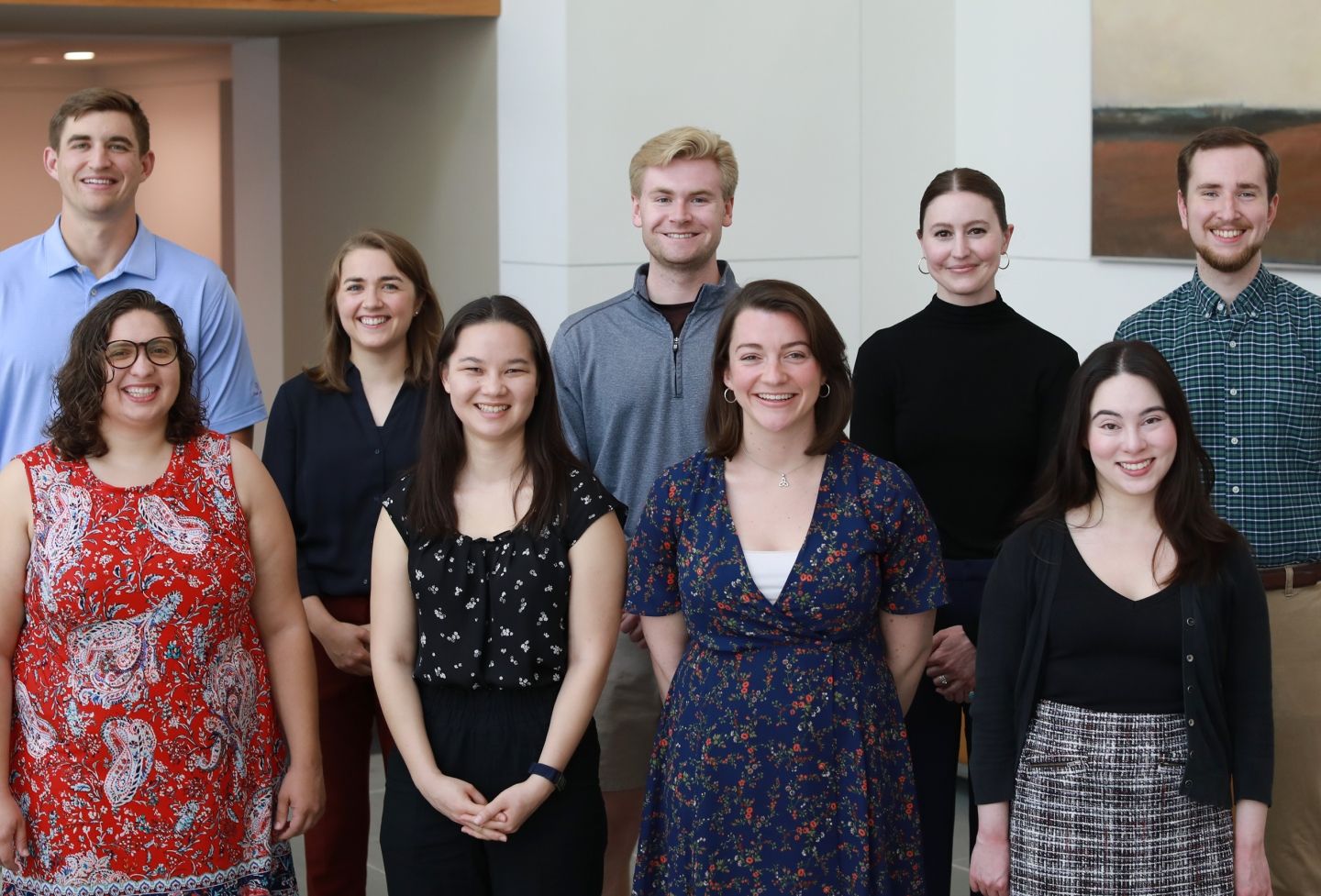University of Virginia School of Law student Mika Bray ’20 used her public service fellowship grant this summer to work on human rights litigation.
I spent this past summer working at the Inter-American Court of Human Rights in San José, Costa Rica. The Inter-American Court is one of three regional human rights tribunals in the world and focuses on countries from the Organization of American States that have ratified the American Convention on Human Rights. The court and the Inter-American Commission of Human Rights, which is located in Washington, D.C., comprise the Inter-American system, and they oversee and defend against violations of a wide variety of human rights.
The court has four main functions. First, it provides decisions and judgments on adversarial cases between individuals and states, making determinations on whether human rights enumerated in the American Convention have been violated. Second, it supervises state compliance with these judgments, particularly in terms of restitution or compensation to the victims, or prevention of repetition of the violations. Third, the court gives advisory opinions on the interpretation and scope of certain articles of the American Convention in response to requests by member states; in the past few years, the court has clarified state rights relating to the environment, gender identity and nondiscrimination, and asylum practices. Finally, the court can establish provisional measures designed to rectify ongoing human rights violations that require states to report regularly on their progress and give permanence to structures that would protect the previously violated rights.
At the court, teams of lawyers analyze the relevant jurisprudence and evidence provided in the cases and make subsequent recommendations to the judges.
This summer, I worked on both the drafting of decisions and the evaluation of provisional measures. My work has given me an incredible opportunity to better understand the human rights jurisprudence of the Inter-American system.

While I have studied treaty-based regional and international human rights law in courses and clinics, this internship taught me to immerse myself deeply in fact-based comparisons and analyses between cases I was working on, and recent court decisions interpreting the scope of different rights. Additionally, all of my work was conducted in Spanish and Portuguese. I hope to work for a human rights NGO after graduation on these types of cases within the Inter-American system, so this experience will serve me well in analyzing and arguing future cases.
My favorite aspect of my internship was the autonomy I was given on my projects. While our team of interns and visiting fellows would regularly meet with our supervising attorney to discuss the general direction of our recommendations, I was allowed to do significant independent analysis of the facts and law, and provide my own suggestions. This greatly enriched my experience by enabling me to problem-solve and think critically on my own, rather than having me follow a mold handed to me by a supervisor.
While this summer provided a wonderful legal learning experience, it also gave me the chance to get to know Costa Rica as a country. Peppered with diverse ecosystems and species, Costa Rica encourages responsible ecotourism to avoid environmental damage while supporting its tourism industry. I got to explore volcanos and rainforests, see sloths and toucans, and go on thrilling adventures like ziplining through the canopy of a cloud forest and rappelling down waterfalls.

Overall, working at the Inter-American Court this summer was a great experience. The group of interns and visiting professionals from the court came from countries all over North and South America, and working alongside them gave me the chance to learn different perspectives on the Inter-American system from my future colleagues in the field of international human rights law. Additionally, conducting all of my work in Spanish and Portuguese provided me with a new challenge and pushed me to improve more than just my legal knowledge.
Working abroad at the court was one of the best experiences of my law school career, and I am very grateful to have had the opportunity.
Founded in 1819, the University of Virginia School of Law is the second-oldest continuously operating law school in the nation. Consistently ranked among the top law schools, Virginia is a world-renowned training ground for distinguished lawyers and public servants, instilling in them a commitment to leadership, integrity and community service.


